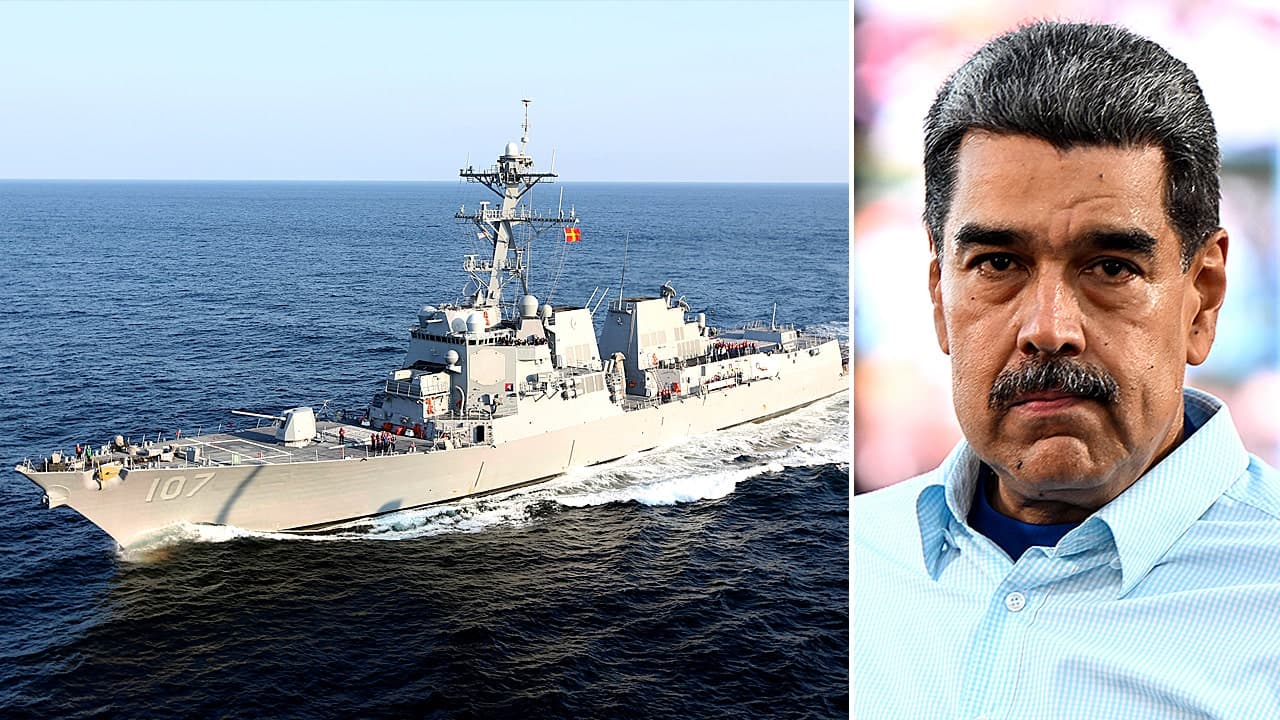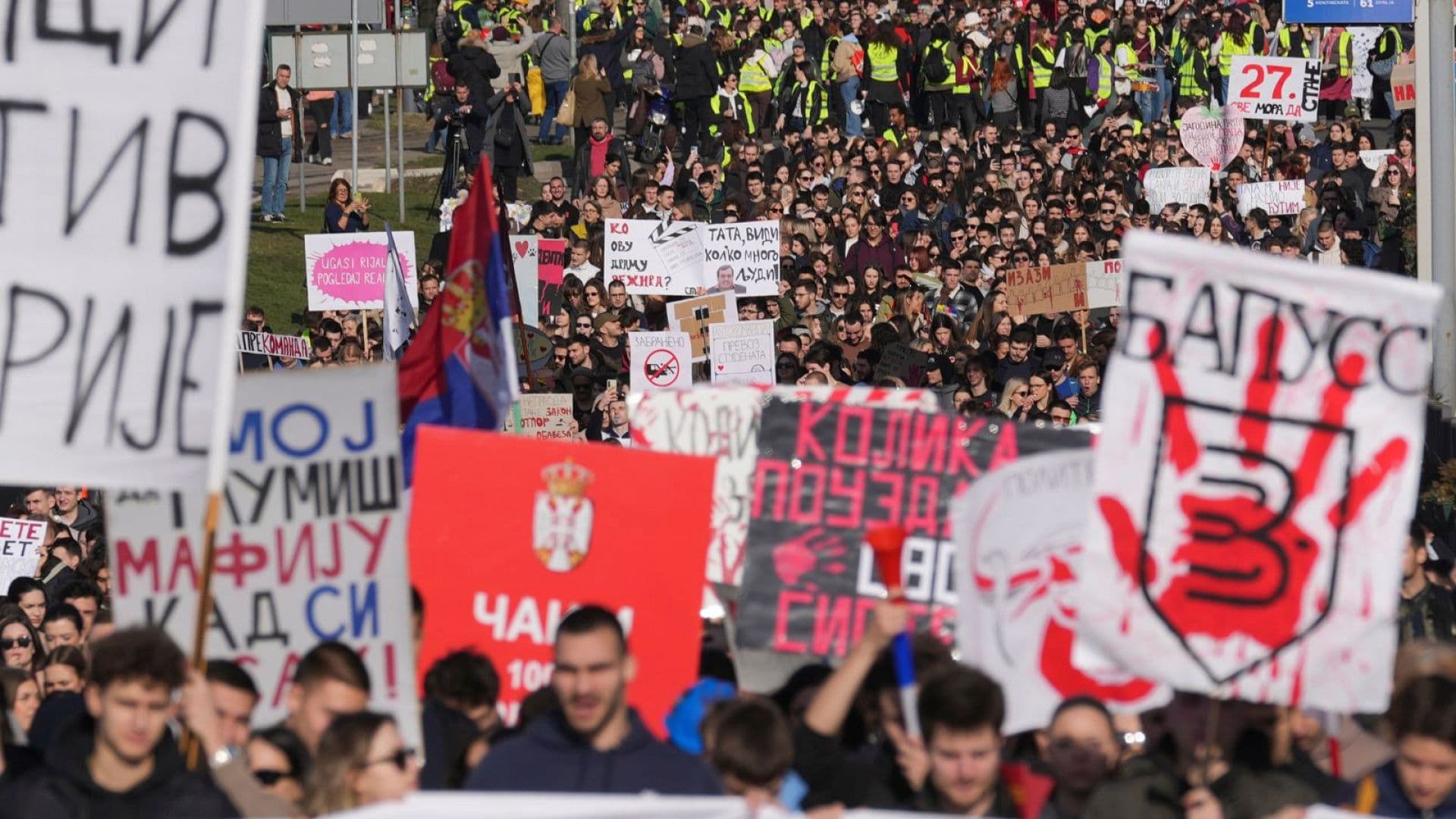Ukraine Says North Korea Supplied Russia With Missiles, Millions of Rounds
Ukrainian military intelligence has accused North Korea of sending more than 100 short range ballistic missiles and millions of artillery rounds to Russia, a claim that if true would reshape the conflict s logistics and diplomatic fallout. The allegation raises immediate security concerns for Western capitals, and also highlights long term questions about arms proliferation and the resilience of global munitions markets.

Ukrainian military intelligence and reporting compiled by the Kyiv Independent say North Korea has supplied Russia with a substantial volume of munitions and ballistic missiles, including more than 100 short range ballistic missiles in the KN 23 and KN 24 family and millions of artillery rounds. Kyiv s assessment, attributed to statements from the General Staff and the Main Intelligence Directorate known as HUR, asserts that deliveries have continued into 2025 and that Pyongyang has become a major supplier of large calibre artillery ammunition and ballistic missiles to Moscow.
The reporting links higher Russian battlefield activity and the persistence of certain offensive operations to the increased availability of these supplies. Ukrainian officials cited by the Kyiv Independent have connected renewed logistics flows and alleged shipments to shifts in front line dynamics, saying that the influx of North Korean materiel and in some reports personnel has affected combat endurance on contested sectors. Independent verification of the full scale of the transfers remains constrained by the fog of war and the secrecy that surrounds cross border military shipments.
The account also notes increased bilateral engagement, including visits to Pyongyang by senior Russian defence officials, which Kyiv and outside analysts see as part of deeper military cooperation between Moscow and Pyongyang. Western capitals are expected to raise concerns at diplomatic and security forums and to consider a range of responses, from stepped up sanctions enforcement to interdiction efforts and tightened export controls on dual use transport and logistics channels.
Beyond the immediate strategic implications, the allegations carry economic and market consequences. The global munitions market is highly opaque, but a sudden surge of low cost artillery rounds could depress prices in certain regional markets and complicate supply planning for Western defence firms that have scaled up production to meet demand. Conversely, confirmation of sustained transfers may accelerate Western commitments to ship additional precision guided munitions and ammunition to Ukraine, increasing short term demand for fast production runs and pressuring supply chains for steel, propellant and explosives.
Policy responses will likely focus on enforcement of existing sanctions regimes, maritime and air interdiction in coordination with allies, and penalty measures against intermediaries facilitating shipments. Longer term, the episode underscores a trend toward diversification by states seeking alternative suppliers outside traditional markets, and raises questions about how to stem proliferation when geopolitical alignments produce incentive structures for clandestine transfers.
For now Kyiv s allegations add a new and urgent layer to an already complex war economy, altering how military planners, diplomats and defence markets will evaluate risk and respond. The coming days and weeks are likely to see intensified scrutiny from NATO and partner governments, and further efforts to corroborate the scale and impact of the reported transfers.


